NET RISK WORK is focussed in the main natural forest’s risks affecting nowadays the European forest and society; wildfires, storms, avalanches and floods. The project will undertake a knowledge capitalisation and exchange process (task B and C) meanwhile a regional modular knowledge repository platform will be developed (task D).
Task B will serve to identify best practices and operational tools regarding each risk assessment and planning, paying also attention to the three domains of the disaster risk management: policy making, early warning systems and disaster response. This task finalises with a partners and collaborators meetings to address the capitalisation process to carry out in the following step.
Therefore, task C develop the cross-cutting and risk interactions assessment throughout complementary learning and experience sharing workshops. The assessment will be done at two levels; Per each risk and; Per interactions between risk, concerning how are different risks connected and how be more efficient managing them when interacts among natural hazards risk reduction strategies assessing what has been learned and what could be learned from other risks. Assessment outcomes will be organised in a systematic way considering cross-sectorial topics regarding risk assessment and planning (including the potential effects of climate change scenarios) and risk governance and management. Of special interest is the interaction and linkage between disturbances and the exchange between the specific experts.
Task D has the focus of establishing modular regional knowledge repository platforms or “nodes”, in the frame of the Risk Facility initiative, in order to ensure effective interaction between research, policy and practices around forests risk at European, regional and local level. These nodes are representing a risk management network that is defined either by the same geographical region or the same language. The network nodes combine all risk expertise in the region and are in contact and mutual exchange with other nodes via the pan-European facilitating secretariat, as outlined in detail in the FRISK GO business plan. That approach ensures that the various risks are not dealt with in silos but the inter-risk exchange and interlink and conditioning between disturbances are effectively happening.
Finally, two operational task will be developed all along the project; task A on project management and reporting activities and; task E on project publicity, including the edition of the project website and the Book of Guidelines.

